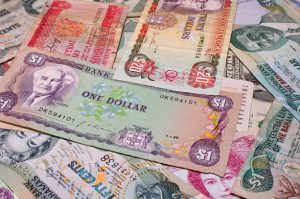
Why Caribbean Banks Are Bracing for Problems
(This article has been updated) In countries like Haiti, remittances matter. Many Haitians rely on money sent from family abroad to meet daily needs, especially in the wake of natural disasters such as Hurricane Matthew, which tore through the country in October. But in Haiti and throughout the Caribbean, sending and receiving remittances is getting … Read more
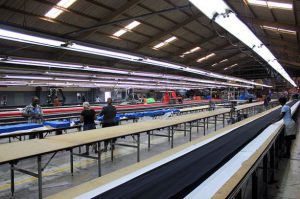
What Mexico Can Learn from Haiti’s Development Plans
The idea sounds simple: Special Economic Zones (SEZs) offer tax exemptions and cheap labor as hooks to attract investment from foreign companies. Money trickles in, local suppliers get a foothold and the middle class begins to grow. At least, in theory. Mexico is betting big on SEZs, with a new federal law that will create four of … Read more
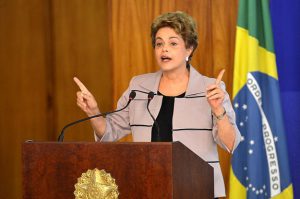
Foi tudo culpa dela?
Read in English Era 12 de outubro de 2010, e o ministro da Fazenda do Brasil estava fazendo uma apresentação para a comunidade financeira de Nova York sob os lustres de cristal da sede da Americas Society/Council of the Americas. Duas semanas antes, Guido Mantega havia causado sensação ao denunciar uma “guerra cambial” global que … Read more
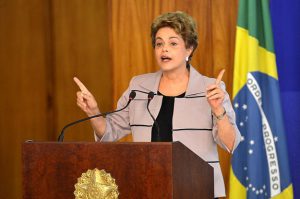
Was It ALL Her Fault? An Economist Re-examines Brazil’s Crisis
This article is adapted from AQ’s most recent issue, “Fixing Brazil.” To receive the print edition at home, subscribe here. Leia em português The date was October 12, 2010, and Brazil’s finance minister was addressing New York’s financial community under crystal chandeliers at the Americas Society/Council of the Americas. Two weeks earlier, Guido Mantega had caused a sensation by denouncing … Read more

Why Brazil’s Olympic Gold Could Boost Its New President
The year was 1994, and a depressed Brazil was desperately in need of a lift. Recent years had seen a president impeached for corruption, inflation in excess of 2,500 percent, horrendous massacres of innocents inside a prison and outside a church, and a general feeling the country couldn’t do anything right. As June approached, so … Read more

BNDES Helped Save the Olympics. But Is it Hurting Brazil?
Corrections appended below Updated 8/17/2016 New leadership atop Brazil’s massive national development bank is unwinding a decade of rampant lending that fed large conglomerates and strained the country’s finances. Over the past half-century, Brazil’s Banco Nacional de Desenvolvimento Economico e Social (BNDES) built huge power plants and highways through the industrial southeast, aided social programs in the … Read more
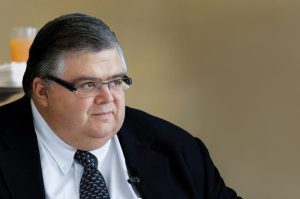
This Man Is Brilliant. So Why Doesn’t Mexico’s Economy Grow Faster?
A great way to understand Agustín Carstens is to hear how he defines himself and his peers —“The Generation of 12.50.” That may sound obscure to outsiders, but anyone who grew up in Mexico during the 1950s, ’60s or ’70s instantly understands. For 22 consecutive years, the peso was fixed at exactly 12.50 per dollar … Read more
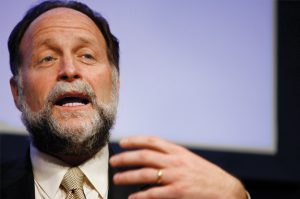
AQ Top 5 Latin American Academics: Ricardo Hausmann
Venezuela’s “know-how” economist has helped countries like Colombia, Mexico and Peru shield themselves from boom and bust cycles.
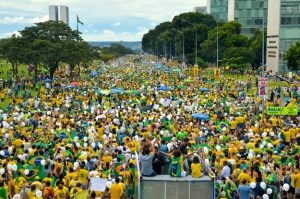
How to Get Brazil (And Latin America) Completely Wrong
It’s been yet another rough week for Brazil’s international image, with an Olympic mascot shot dead in an absurd accident and another national political figure dragged into scandal. But the biggest blow of all came from Declan Ryan, co-founder of the Irish budget airline Ryanair, who told an Argentine newspaper that he was considering expansion … Read more
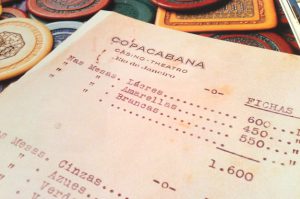
Brazil’s Big Bet
This piece was updated on June 22 In 1946, the last year casinos were legal in Brazil, the ritzy Copacabana Palace in Rio de Janeiro was pulling in nearly $100 million a year from roulette and other table games. A frequent gambler was Benjamin Vargas, brother to a former president, who was notorious for chasing … Read more
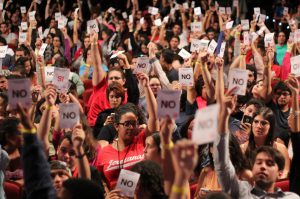
Puerto Rico’s Student Activists See Default as Only Option
Desperate for a lifeline from the U.S. Congress, university students in Puerto Rico are pushing local politicians to take an extreme step – default on their debt. With the island’s fiscal troubles going from bad to worse, student leaders say default on upcoming payments is the only way to force Congress to pass restructuring legislation … Read more
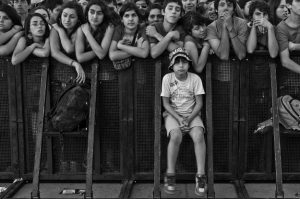
As Latin America’s Economies Falter, Young Workers Lose Out
This article was updated on May 4. Latin America and the Caribbean are on course for back-to-back years of recession for the first time in 35 years, but the pain isn’t being spread equally. With some of the highest jobless rates of any age group in the region, young Latin Americans have proven particularly vulnerable to … Read more

Brazil’s Economy, Explained in a Pair of Flip-Flops
Havaianas is to Brazil what Apple is to the United States. More than a pair of flip-flops, they are part of the country’s self-image, a product that embodies the idea of Brazil as a carefree country of surf, samba and soccer. So the distressed sale in November of Havaianas’ parent company, Alpargatas S.A., was symbolically … Read more
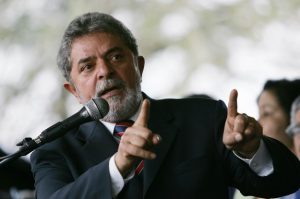
Moody’s: Lula Appointment Could Spell End of Fiscal Adjustment in Brazil
Brazil’s political crisis is moving at such intense speed that it’s hard for even dedicated analysts to keep up. AQ’s editor-in-chief spoke on Tuesday with Moody’s ratings agency’s chief analyst for Brazil, Samar Maziad, about how the changes in Brasilia are affecting the economy. At the time, there were rumors that former President Luiz Inácio … Read more
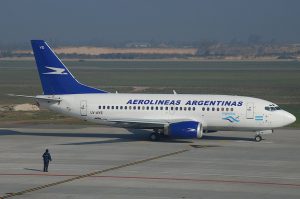
How Mauricio Macri Plans to Fill a $1 Billion Hole at Aerolíneas Argentinas
Last year was a good one for global airlines. Thanks to falling fuel prices and an increased demand for air travel, the industry earned an estimated $33 billion in 2015. Carriers around the globe earned near-record profits. Not so in Argentina, where according to official figures state-run Aerolíneas Argentinas operated at a loss of nearly … Read more


